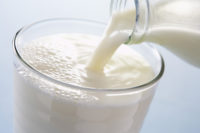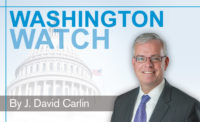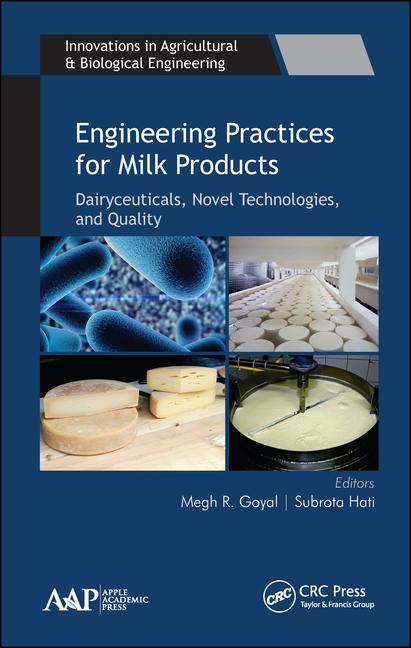Improving access to nutritious dairy products for the most vulnerable
The HFMIP program is an innovative way to encourage low-income families to increase their dairy consumption.

Photo courtesy of andresr via gettyimages.com

For decades, the federal government has worked to ensure all Americans are “food secure,” which simply means that everyone — regardless of economic circumstances — should have enough food to eat. Building on these efforts, USDA and other federal agencies are beginning to take additional steps to support “nutrition security.” The goal of this initiative is to ensure everyone in this country has access to affordable and nutritious foods and beverages that will contribute to positive health and wellness outcomes, including disease prevention and treatment.
A SNAP focus
Much of this effort will focus on improvements to the nation’s largest federal food assistance program, the Supplemental Nutrition Assistance Program, or SNAP, which helps millions of lower-income Americans purchase food for their families every month. More than two-thirds of SNAP participants are in families with children, and a third are in households with seniors or people with disabilities.
Dairy products are well-positioned to play a major role in USDA’s nutrition security initiative. No other type of food or beverage provides the unique combination of nutrients that dairy contributes to the American diet, including high-quality protein, calcium, vitamin D, and potassium. Health benefits associated with dairy include better bone health and lower risk for type 2 diabetes and cardiovascular disease.
Unfortunately, approximately 90% percent of Americans do not meet current U.S. recommendations for dairy consumption, and only 65% of young children, 34% of adolescents, and about 20% of adults drink milk daily.
That’s why USDA has been highlighting a pilot program to encourage participants in the SNAP program to purchase more fluid milk products. The Healthy Fluid Milk Incentive Projects (HFMIP) program, which was first authorized by Congress in the 2018 Farm Bill at IDFA’s request, is modeled on existing programs that promote the consumption of fresh fruits and vegetables by SNAP beneficiaries.
The HFMIP pilots test different types of incentives that are designed to increase the consumption of healthy fluid milk among SNAP recipients. Under the pilots, participants who purchase a container of milk receive a dollar-for-dollar match to purchase additional milk and dairy products. Administered by the Baylor Collaborative on Hunger and Poverty, HFMIP pilots are up and running in several Texas retail locations, and additional pilots will be launched at grocery stores in New Jersey this June.
Additional investment
Congress also sees the potential benefit of this program and recently tripled the amount of money it had previously allocated for new HFMIP pilots. This $3 million will allow the program to expand to 250 more retail locations that serve SNAP families.
In addition, IDFA is working with members of Congress from both political parties to secure an additional $5 million for the program in the fiscal year 2023 appropriations bill. This money could be used to fund 420 new pilots in different regions of the country and in a broader range of retail outlets, including corner stores, rural chains such as Family Dollar and Dollar General, and urban bodegas.
The U.S. dairy industry is committed to playing a proactive role in enhancing access to nutritious foods, especially for our nation’s most vulnerable and underserved individuals. The HFMIP program is an innovative way to encourage low-income families to increase their dairy consumption so they receive all of the nutritional benefits that our products have to offer.
Please join us in urging your members of Congress and senators to support this important program by visiting the IDFA Campaign Center at idfa.org/advocate and clicking on the HFMIP campaign tab. If you are in the dairy business, please talk to your retail customers about starting up an incentive project or other ways to promote nutritious dairy to SNAP customers. Together, we can help promote nutrition security for all Americans, including the most vulnerable members of our society.
J. David Carlin is senior vice president of legislative affairs and economic policy for IDFA.
Looking for a reprint of this article?
From high-res PDFs to custom plaques, order your copy today!









